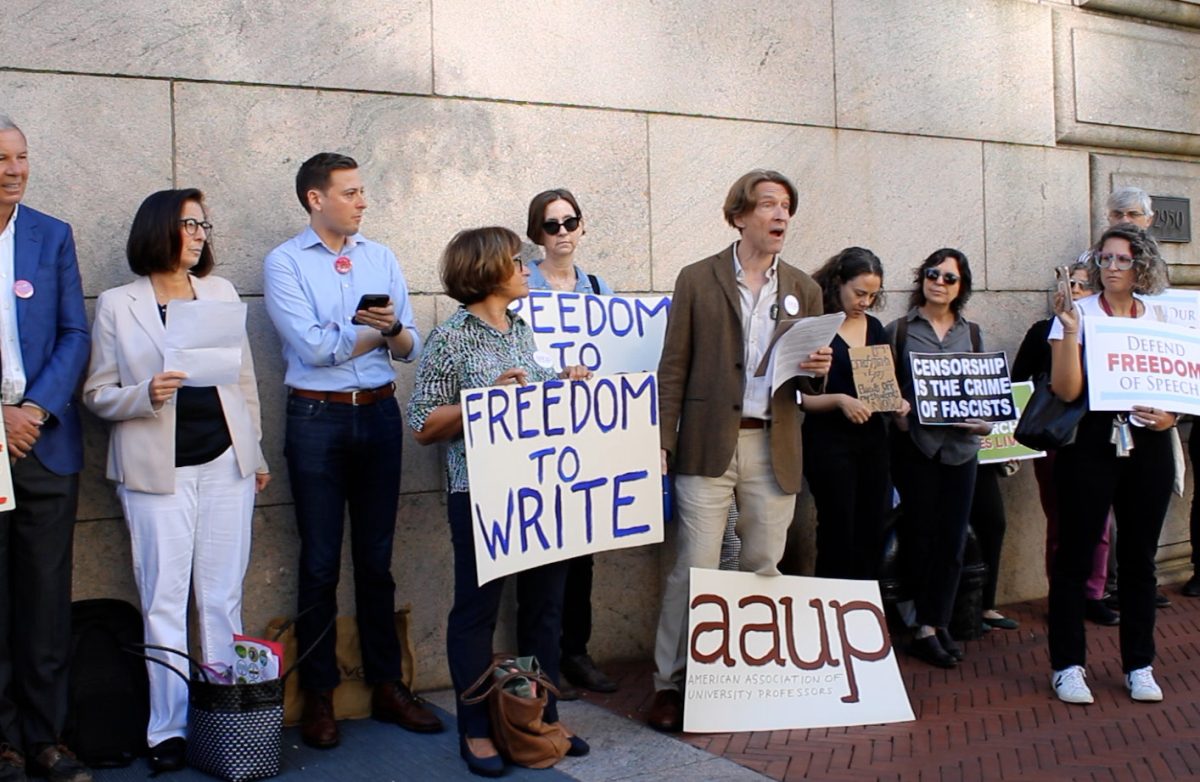
As the Holiday season approaches, we are flooded with messages about “making up for” Thanksgiving dinner, “working off” holiday cookies, or repenting for indulging in “sinful” chocolate cake. Behind these ubiquitous holiday platitudes are deeper, more disturbing messages.
The idea of “making up for” holiday eating stems from a belief that weight gain is a moral failing. To avoid weight gain, diet-oriented media outlets offer lists of foods to avoid, tips for suppressing appetite, and ‘skinny teas.’ Diets promise relief from weight anxiety and offer a sense of control over physical and perceived moral status. Diets sell the narrative, “If you cut out *insert food group here,* eventually you’ll deserve to wear *insert clothing here* and you’ll no longer have to worry about *insert insecurity here.*” Diets offer a false sense of control; regardless of whether consumers lose weight, dieting does nothing to remedy ingrained feelings of self-loathing and body shame. Weight-loss diets idolize thinness and promote disordered eating behaviors by attributing the diets’ ‘success’ or ‘failure’ to dieters’ personal willpower.
Christy Harrison, MPH, RD, CDN is an anti-diet registered dietitian nutritionist and certified intuitive eating counselor. She defines diet culture as a framework of beliefs which, “Promotes weight loss as a means of attaining higher status […] demonizes certain ways of eating […] and oppresses people who don’t match up with its supposed picture of ‘health,’ which disproportionately harms women, femmes, trans folks, people in larger bodies, people of color, and people with disabilities, damaging both their mental and physical health.”
Harrison’s definition of diet culture articulates a long tradition in Western culture of conflating beauty with conformity. Beauty standards provide a checklist of requirements for body acceptance and respect. Thin, white, and straight bodies are deemed “beach-ready,” and everybody else is judged by comparison. If thinness is tied inextricably to worthiness, “sinful” chocolate cake would pose a legitimate threat to anybody’s self-worth.
The problem, however, is larger than just unrealistic beauty standards. It is with systematic disenfranchisement of people who do not conform. Resistance to diet culture has come to the forefront in recent years via the Body Positive movement on social media and in advertising. Advertising campaigns from companies like Aerie and Dove have popularized Body Positive messaging, taking a stand against Photoshop and including more “plus-sized” models. Body Positive influencers have risen to fame on Instagram by spreading positive messages about self-love and diet culture awareness. The Body Positive movement is the most prominent, but not the first form of resistance to diet culture. The Body Positive movement emerged from decolonizing movements, queer advocacy movements, and feminist discourse, and cannot be viewed independently from these movements.
The Body Positivity movement owes its momentum to the Body Liberation Movement and the Fat Acceptance Movement, which started to organize in the 1960s. The 1979 Fat Liberation Manifesto places fat acceptance within broader social justice movements. Fat liberation cannot be achieved without also destroying racist, classist, and sexist structures of oppression.
The diet industry traps consumers into dieting cycles by creating, and then exploiting, weight-related insecurities. The Fat Liberation Manifesto articulated this cycle in 1979, and it continues today. Judy Freespirit and Aldebaran take on the diet industry in the Fat Liberation Manifesto, writing, “We are angry at mistreatment by commercial and sexist interests. These have exploited our bodies as objects of ridicule, thereby creating an immensely profitable market selling the false promise of avoidance of, or relief from, that ridicule.”
Anti-diet culture movements remove moral labels from body descriptors, instead acknowledging equal worth of all bodies. For example, instead of labeling fatness as “bad,” the body positive movement acknowledges fatness without moral judgement. Fatness has no bearing on a person’s worth to society. Rejecting diet culture enables us to separate physical appearance from personal value, demanding respect for everyone, regardless of their body shape, size, or ability. While the platform of body positivity echoes kindergarten lessons on respect, there is a dire need for cultural change.
A good way to start battling diet culture is to look within. Learn to reject oppressive narratives about your body. Recognize the underlying power dynamics beneath your internalized beauty standards. Know that your body weight has no bearing on your worthiness for love, acceptance, and joy. Instead of brainstorming ways to change your body, make a New Year’s resolution to look beyond the false narrative of Diet Culture. We all deserve more authentic sources of validation.
Combat the rise of an autonomous society and promote the expression of an individual unrestricted by social norms — online and in real life.

















